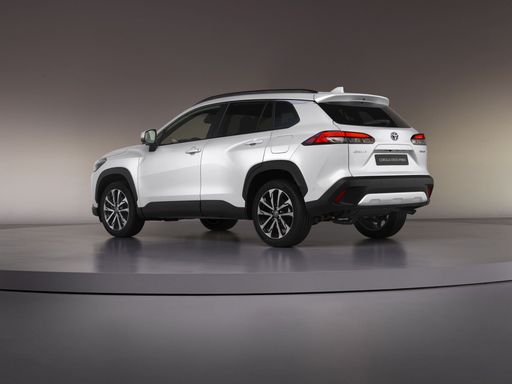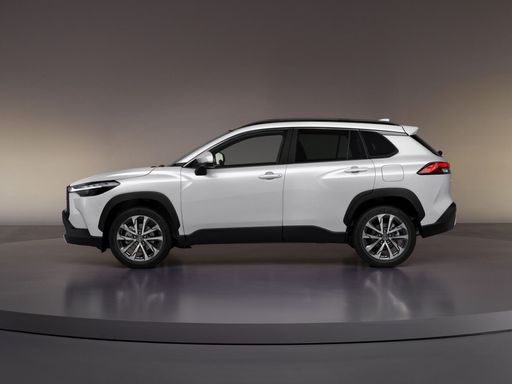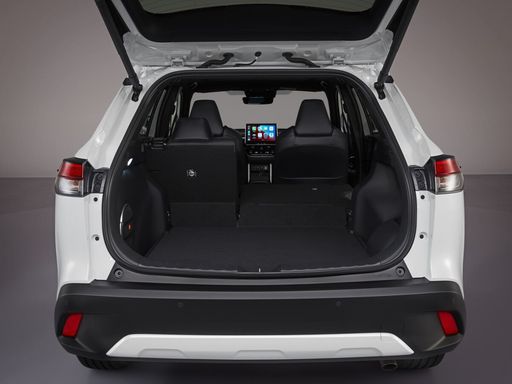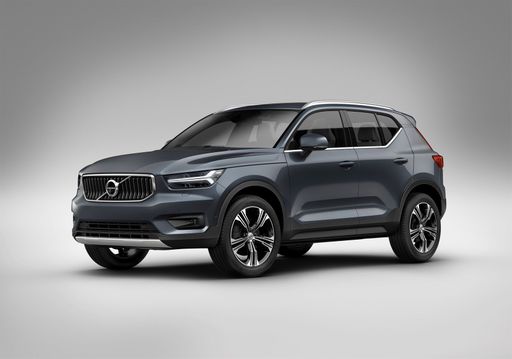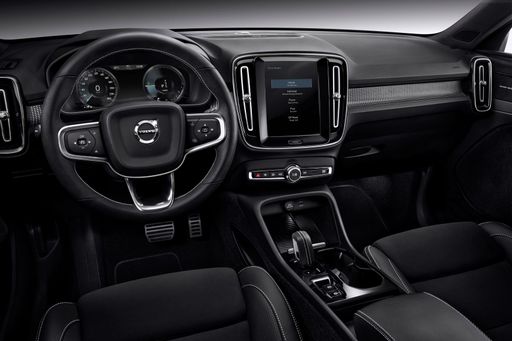City Suitor or Scandinavian Calm?
The Toyota Corolla Cross arrives with a friendly, utilitarian vibe that speaks to commuters and pragmatic families who want straightforward packaging and no-nonsense usability, while the Volvo XC40 leans into a restrained, premium personality that favors understated luxury and a quieter presence on the road. One feels eager to tackle weekly errands with low fuss and predictable manners; the other invites a calmer, more refined daily ritual with an emphasis on comfort and poise. Your choice here is as much about attitude as it is about appointments: practicality versus polish.


